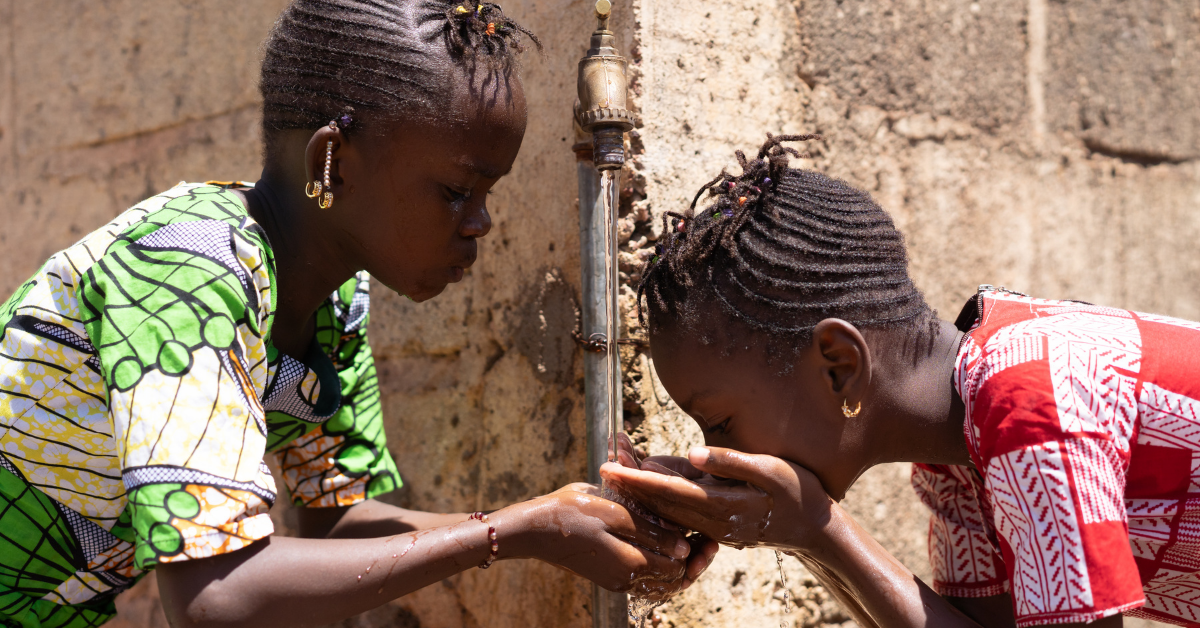Johnny Sack
JF-Expert Member
- Jan 21, 2017
- 8,832
- 18,827
Hii pengine inafanyika hata Tanzania sema sijswahi kuiona, nikiiona nitaisema
Hii ni aibu wakuu, hii sio miradi ya kufadhiliwa na wazungu, tutazidi kudharaulika
Mradi kama huu wananchi wanachangishwa tu fedha kidogo na unajengwa

Hii ni aibu wakuu, hii sio miradi ya kufadhiliwa na wazungu, tutazidi kudharaulika
Mradi kama huu wananchi wanachangishwa tu fedha kidogo na unajengwa


